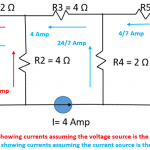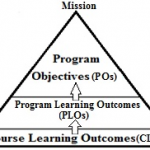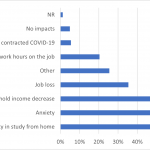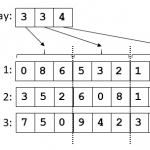The article presented here demonstrates using MULTISIM as an educational tool to enhance student learning process by discussing the use of MULTISIM for teaching basic electrical circuits consisting of analysis of Series-Parallel Circuits, Superposition Theory, Thevenin Theory and Norton Theory. The article presented here discusses using the software as an aid to check the intermediate steps of hand calculation techniques that must be used if no computer software were being used.
Archives for July 2021
Learning Analytics of Outcomes-Based Engineering Programs’ Data
In the recent years, learning analytics is attracting attention in tertiary education sector. This paper presents a case study of applying learning analytics approaches to discover knowledge from Outcome Based (OB) engineering programs’ data. More specifically, Association Rule Mining approach is applied to a dataset extracted from the Self-Study Reports of 152 engineering programs accredited by American Board of Engineering and Technology (ABET)
COVID-19 Technology Student Success Challenges : Influence of Tools and Strategies
COVID-19 brought rapid and substantial change to course formats as colleges and universities transitioned from on-campus to online instruction to mitigate the spread of the pandemic. While faculty and administrators sought solutions to maintain instructional quality and student success, students endeavored to adapt to the changes.
gruepr, a Software Tool for Optimally Partitioning Students onto Teams
This paper describes a new software tool named gruepr, written in C++ by the author. The code has been released under an open source license, and both the code and compiled binaries with a modern, graphical user interface for Windows and macOS have been made freely available



